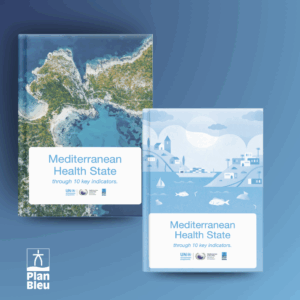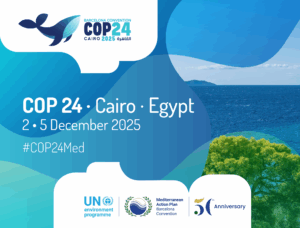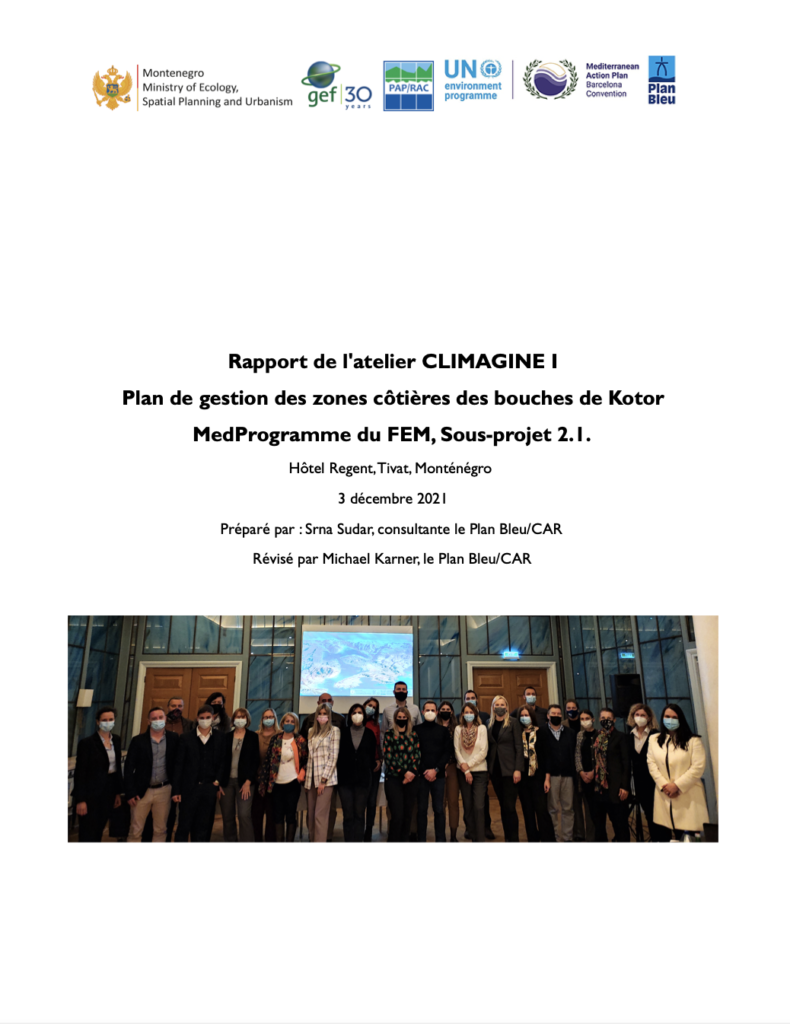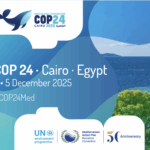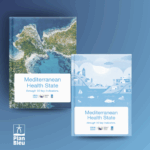A participatory approach to the development of sustainable coastal planning in Boka Kotorska, Montenegro is being implemented within the wider context of the Global Environmental Facility (GEF) MedProgramme: Enhancing Environmental Security (2020-2024), implemented by the UNEP Mediterranean Action Plan (UNEP/MAP).
The MedProgramme’s Child Project 2.1. focuses on “Mediterranean Coastal Zones: Water Security, Climate Resilience and Habitat Protection.” One of its main goals is to support Mediterranean countries in the implementation of the Protocol on Integrated Coastal Zone Management (ICZM Protocol) in order to reduce major transboundary environmental stresses affecting the Mediterranean Sea and its coastal areas, taking into account climate change by building climate resilience and water security, and ultimately improving health and livelihoods of coastal populations. PAP/RAC, Plan Bleu/RAC, GWP-Med and UNESCO-IHP are Child Project 2.1. executing partners. It notably foresees the elaboration of two Coastal Management Plans led by PAP/RAC in Boka Kotorska Bay, Montenegro and the Tanger-Tetouan-Al Hoceima Region, Morocco.
Plan Bleu/RAC is supporting this effort using the participatory Climagine methodology to support ICZM. Indeed, the process can inform the development of local and national Coastal Management Plans in a bottom-up manner, while providing regional lessons for ICZM and coastal climate change adaptation in the Mediterranean.
In support of this vision of Boka Kotorska’s future, the first national stakeholder Coastal Management Plan Scoping and Climagine workshop was held on December 3rd, 2021 in Tivat. The meeting was organized in partnership with and co-hosted by the Ministry of Ecology, Spatial Planning and Urbanism of Montenegro and 2 UNEP/MAP Regional Activity Centres – the Priority Actions Programme (PAP/RAC) and Plan Bleu (PB/RAC). It was held in Montenegrin in strict compliance with ongoing COVID-19 regulations.






